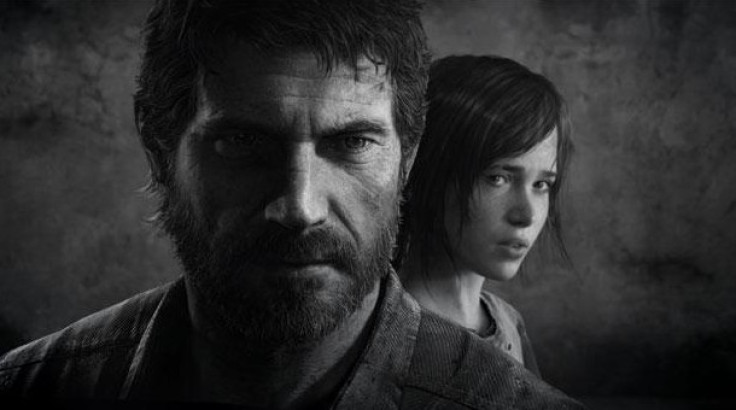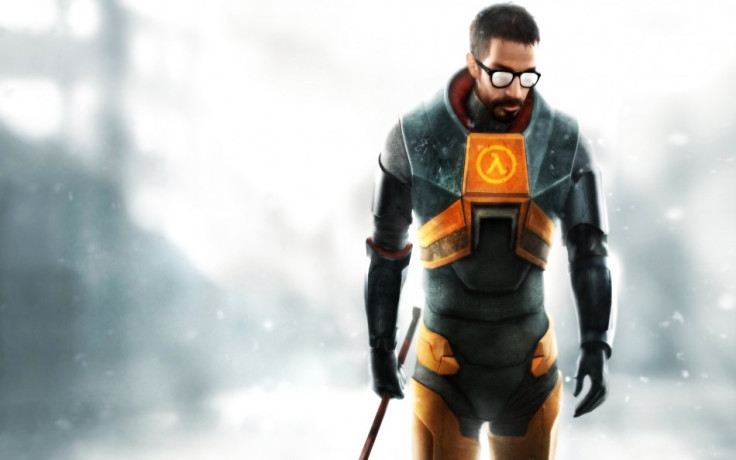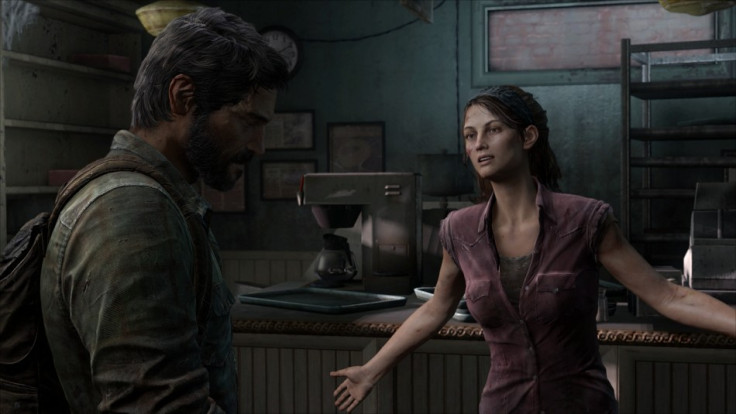Why Games Matter Blog - The Last of Us and Why Actors are Important

The Last of Us and Why Actors are Important - How great performances make for great games
Rob Weithoff. Michael Hollick. Roger Smith. Courtnee Draper. You probably don't know who these people are. But if I change that list to read John Marston, Niko Bellic, Ezio Auditore and Elizabeth I imagine you have a better idea who I'm talking about.
Must Read: The Last of Us Review [VIDEO]
I think it's kind of appalling the way videogames treat actors. Even I, someone who deals with publicists, developers and games every day had to Google a lot of those names up there before I started writing. Actors are still being marginalised. We're at a point where people who write games are able to come forward and talk in-depth about their work, but as far as it goes for the people in the mo-cap suits, they're still kind of tertiary.
I think it has something to do with agency. It's assumed, generally, that players like to do whatever they want in games and having some actor gesticulating and characterising all over the place is going to get in the way of that. It's why we have figures like Gordon Freeman and Link, characters who don't speak at all so as to give players room to fill the central role themselves. It's all in the name of agency. It's all geared toward the player.

But God that's boring. And disrespectful, too. When I think about the work that must go into recording a 12-hour game, all being swept asunder to cosset some gamer, I get a bit cross. I'd much rather see a story - I'd much rather professionals at work - than watch Some Guy stripping his Fallout character to his knickers and running in circles. Though I'll admit the ability to do that is unique to the medium, I don't think it's pure, or beautiful or good. I think it's just childish.
Films
So, for a long time I thought I'd be better off writing about films. If you want to see writers, actors and performance given prominence, that's the beat to cover, right? That or theatre. But then I played The Last of Us and it demonstrated that, despite everything I thought I knew to the contrary, actors, performance and all that good stuff can go hand-in-hand with what makes games games.
And The Last of Us achieves that in the last way you'd expect. Rather than dialling back the presence of actors, the game centres so entirely on the performances (and what performances) that you can't help but kind of follow step. You're so convinced by Troy Baker as Joel that when a cutscene or a dialogue exchange ends and control comes back to you, you want to play as him; you want to be that guy. His characterisation is absolutely rock solid: You feel like you have an obligation to uphold it. You can see and hear throughout The Last of Us how much work has gone into the writing and the acting, and it's so brilliant, so captivating that I think it would take someone tremendously stupid to want to mess it all up.

It's kind of awe-inspiring. I'm charting the outer reaches of the pretention-sphere with this simile, but the performances in The Last of Us are like the baby from Children of Men. There's that scene where Clive Owen is carrying it down the stairs and everyone stops shooting each other for a minute to just stare at it. The Last of Us is like that. It's written and performed so well that I think even the most mischievous gamers will shut up and pay attention.
And that's the best way to go about it. Rather than saying "sod writing, sod actors, we'll have silent protagonists and let the player decide" I think it's braver to try and work for people's attention, to have faith that your script and your actors will be able to get people to sit still.
Panderi
I'm hoping The Last of Us will buck this trend of pandering to players. It's hard to watch Troy Baker and Ashley Johnson and their work and not think "I want to see more of this."
In summary, players are rubbish actors, but by virtue of computer games, they're always at centre-stage. If you take the script away entirely, a la Half-Life, you have the fall back that everything they were doing was improv, that it all had some meaning (probably) that came from within them. But that sounds a lot like an excuse. That sounds like people who bang bin lids together at a local theatre, the whole time insisting that presumably it means something. I think that's kind of worthless.
It's much better to try and teach and inform, like The Last of Us. That's a game that gives you pointers; it gives you a role to fill. Instead of an expressionist formal-daring whatever that you have to talk your way around, you end up with a cohesive story. All of that, basically, has to come from the actors.
© Copyright IBTimes 2024. All rights reserved.






